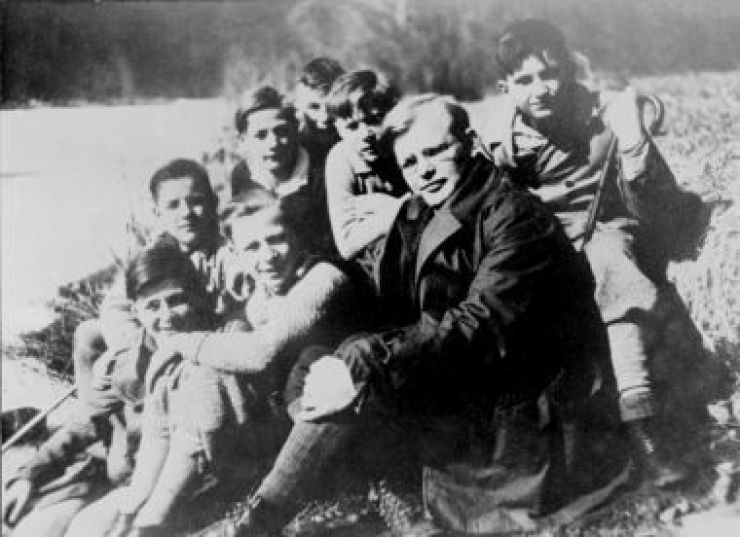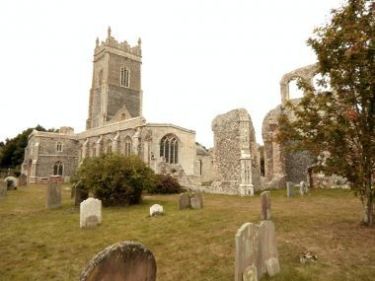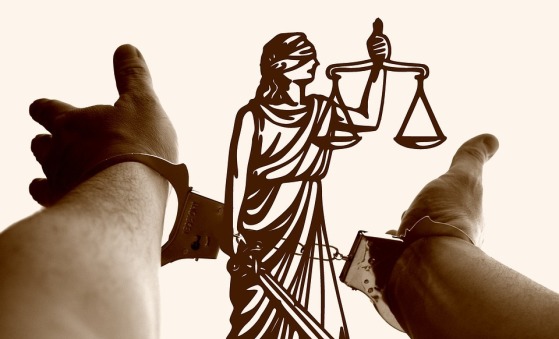
I love exploring historic churches, and in this article I want to talk about two seventeenth century churches which teach us a lesson about how we should act as Christians when the times seem dark.
The first is Holy Trinity, Staunton Harold, in Leicestershire. In the 1650s the Staunton Harold estate was owned by Sir Robert Shirley, a monarchist and a devout Anglican at a time when the monarchy and the Church of England had been abolished the Commonwealth regime led by the Lord Protector, Oliver Cromwell.
In 1653 Shirley started to build Holy Trinity in a traditional gothic style as a private chapel for his estate, and as an act of public witness to his Anglican convictions.
In response Cromwell declared that if Shirley could pay for such a fine church he could also pay to outfit a ship for the Commonwealth navy. Because of his political convictions Shirley refused to give any money for a ship and he was imprisoned in the Tower of London where he died at the age of 27.
Eventually, Holy Trinity was completed after the restoration of the Church of England, and over the West door of the Church there is a plaque written by the Archbishop of Canterbury, Gilbert Sheldon, to whom Shirley had offered refuge during the English Civil War. The plaque declares:
"In the year 1653 when all things sacred were throughout ye Nation either demolished or profaned, Sir Robert Shirley Baronet, founded this church, whose singular praise it is to have done the best things in ye worst times and hoped them in the most callamitous. The righteous shall be had in everlasting remembrance."
The second is St Andrew's, Walberswick, in Suffolk. At the end of the Middle Ages, Walberswick was a very prosperous trading port and between 1426 and 1520 its inhabitants used some of their wealth to build a huge new parish church in the fashionable perpendicular gothic style. Unfortunately, from 1539 onwards Walberswick went into steep economic decline, which meant that its inhabitants were no longer able to afford the church's upkeep.
However, they did not give up. Instead, in 1696, having received permission to rebuild, they kept the tower, but unroofed the rest of the church and sold the wood, the lead, and three of the four church bells to finance the erection of a new church building in the Western part of the old south aisle, a building where Christian worship has continued to take place ever since.

It seems to me that the actions taken by Sir Robert Shirley and the inhabitants of Walberswick illustrate the teaching given by the great German theologian Dietrich Bonhoeffer about how Christians should live in dark times.
In a sermon on Matthew 16:13-18 which he preached in July 1933 following the German church elections in which the Nazi-supporting German Christians achieved a great victory, Bonhoeffer comments as follows on Christ's promise of 'I will build my church':
".... It is not we who build. He wills to build the church. No man builds the church but Christ alone. Whoever is minded to build the church is surely well on the way to destroying it; for he will build a temple to idols without wishing or knowing it. We must confess - he builds. We must proclaim - he builds. We must pray to him - he builds. We do not know his plan. We cannot see whether he is building or pulling down. It may be that the times which by human standards are times of collapse are for him the great times of building. It may be that the times which from a human point of view are great times for the church are times when it is pulled down. It is a great comfort which Christ gives to his church: you confess, preach, bear witness to me, and I alone will build where it pleases me. Do not meddle in what is my province. Church, do what is given to you to do well and you have done enough. But do it well. Pay no heed to views and opinions, don't ask for judgements, don't always be calculating what will happen, don't always be on the look-out for another refuge! Church, stay a church! But Church confess, confess, confess!"
Bonhoeffer makes three key points.
First, it is Christ alone who is responsible for building his Church. Building the Church is not our responsibility.
Secondly, in this world we can never know precisely what Christ is doing at any point in time. He knows what he is doing and that is all we need to know.
Thirdly, our calling is to confess Christ. We do this with our lips as we confess that 'Jesus is Lord' (Romans 10:9), but also with our deeds as we perform those actions which proclaim our faith in the light of the particular situation in which God has placed us. That was what Sir Robert Shirley did when he founded Holy Trinity Staunton Harold, and what the people of Walberswick did when they re-built St Andrew's.
As in the 1930s, our situation can seem very dark. Islam, with its explicit denial of the Christian faith, is on the rise across the globe. In the Western world, church attendance is steadily falling as society turns increasingly secular. A form of teaching and practice in opposition to the orthodox Christian view of human sexuality threatens to engulf the Church of England as it has engulfed so many other churches in recent years.
We do not know precisely what Christ is doing in all this, but we do know that he is building his Church, and that our calling is to confess our faith in him by doing what we can do in obedience to him in the situation in which he has placed us. Like Sir Robert Shirley, we can do the best things in the worst times, and continue to have hope in the most calamitous.
Martin Davie is a lay Anglican theologian and Associate Tutor in Doctrine at Wycliffe Hall, Oxford.




